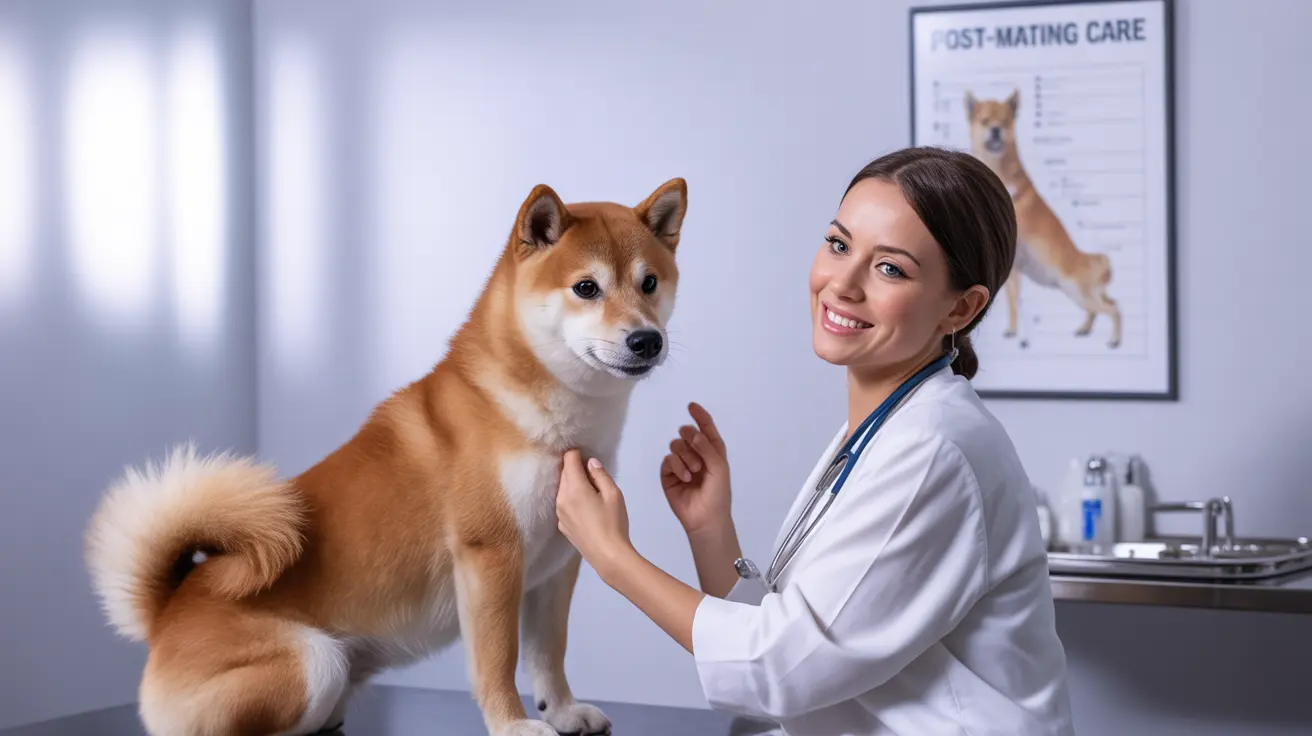Understanding the Risks of Post-Mating Intervention
When faced with an accidental dog mating, many pet owners frantically search for ways to stop dog pregnancy after mating naturally at home. However, it's crucial to understand that there are no safe or effective home remedies for preventing or terminating a dog's pregnancy. Attempting to do so without professional guidance can lead to serious health complications or even be fatal for your pet.
Veterinary professionals strongly emphasize that any intervention regarding potential dog pregnancy must be handled by qualified professionals. This article will explain why home remedies are dangerous, what professional options are available, and how to properly handle post-mating situations.
The Truth About Natural Prevention Methods
Despite what you might read online, there are no proven natural methods to stop dog pregnancy after mating at home. Common myths about using herbs, vitamins, or physical manipulation can be extremely dangerous for your dog. These attempted interventions can cause:
- Severe internal bleeding
- Toxic reactions
- Life-threatening infections
- Organ damage
- Permanent reproductive harm
Professional Veterinary Options
If you're concerned about an accidental mating, the only safe course of action is to contact your veterinarian immediately. Professional options may include:
Medical Intervention
- Mismate injections (within 72 hours of mating)
- Hormone treatments (if pregnancy is confirmed)
- Professional monitoring and care
Surgical Options
- Spaying (ovariohysterectomy)
- Complete prevention of future pregnancies
- Additional health benefits for your dog
The Importance of Timing
The effectiveness of any intervention depends heavily on timing. The sooner you contact your veterinarian after an accidental mating, the more options will be available. Most medical interventions are most effective within the first few weeks after mating.
Prevention: The Best Approach
Rather than seeking ways to stop pregnancy after mating, focus on preventing unwanted breeding through:
- Spaying or neutering your pets
- Secure fencing and supervision during heat cycles
- Keeping intact females away from male dogs
- Regular veterinary check-ups and consultations
Frequently Asked Questions
How soon after mating can a dog's pregnancy be stopped by a vet?
Veterinary intervention is most effective within the first 72 hours after mating. However, various options may be available up to several weeks after mating, depending on the specific case.
What are the safest methods to stop dog pregnancy after accidental mating?
The safest approach is immediate consultation with a veterinarian who can provide professional medical intervention or surgical options based on your dog's specific situation.
Are there any natural or at-home remedies to stop dog pregnancy after mating?
No, there are no safe or effective natural or at-home remedies for stopping dog pregnancy. All attempts to terminate pregnancy without veterinary supervision can be dangerous or fatal for your dog.
What are the risks of trying to stop dog pregnancy at home without a vet?
Attempting to stop pregnancy at home can result in severe complications including internal bleeding, infection, organ damage, and death. Always seek professional veterinary care.
How can I prevent future unwanted pregnancies in my dog after accidental mating?
The most effective prevention is spaying your female dog or neutering male dogs. Additionally, maintain secure fencing and careful supervision during heat cycles.
Conclusion
While it's understandable to search for ways to stop dog pregnancy after mating naturally at home, there are no safe DIY solutions. The only responsible course of action is to contact your veterinarian immediately after an accidental mating. Professional medical intervention is not only safer but also more likely to be effective while protecting your pet's health and well-being.
Remember, prevention through spaying or neutering is always the best approach to avoid unwanted pregnancies and protect your dog's long-term health. If you haven't already done so, discuss these options with your veterinarian during your next visit.






